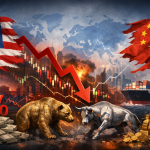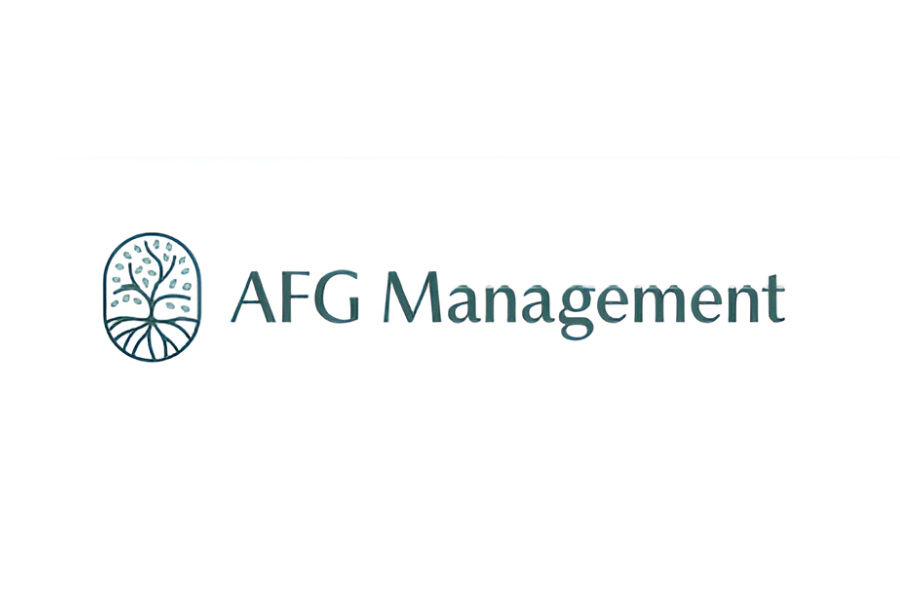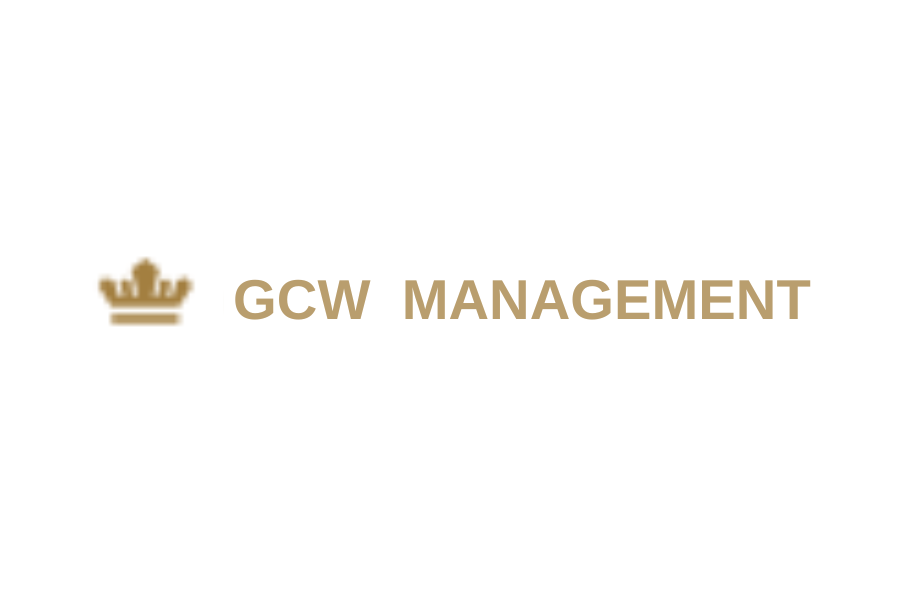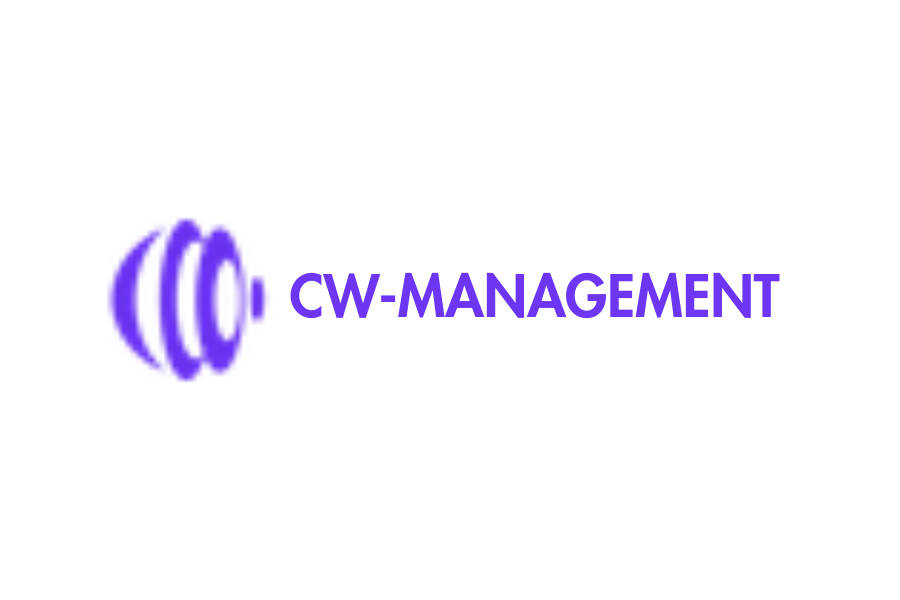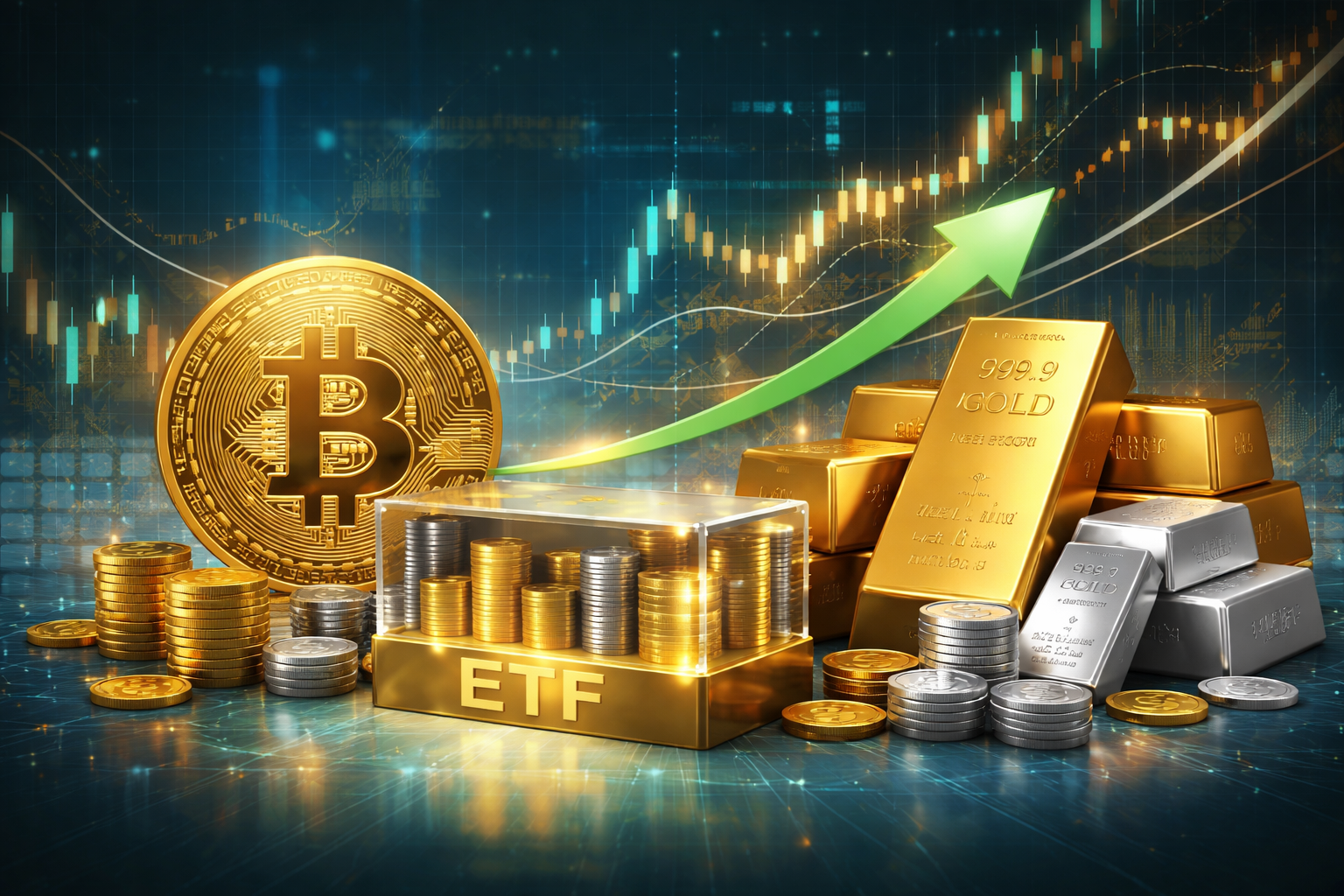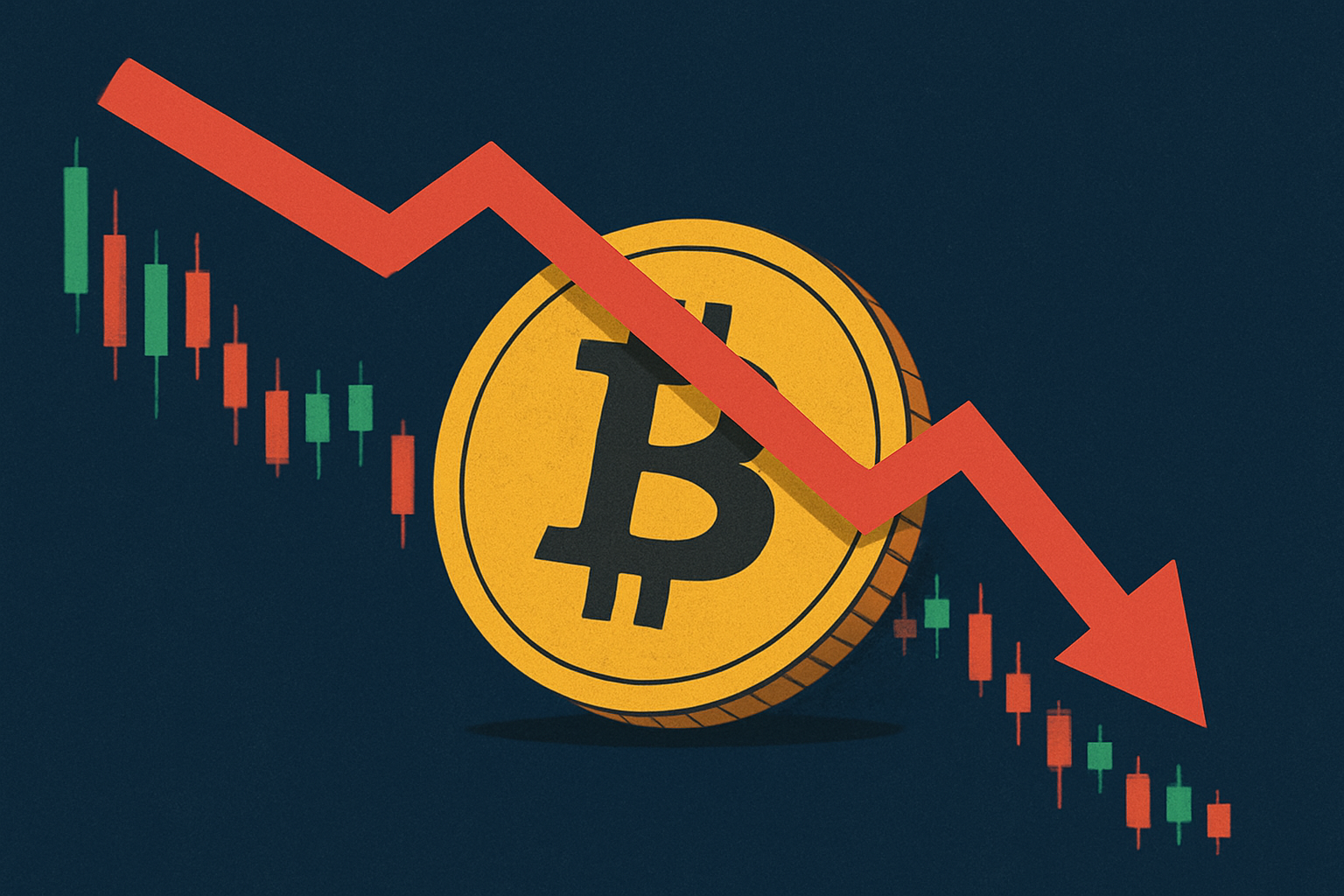Introduction
The international stage has once again turned its attention toward Iran as France’s President Emmanuel Macron announced that United Nations sanctions may soon be reinstated. The decision, expected by the end of September 2025, stems from increasing frustration among European leaders regarding Iran’s lack of transparency and cooperation on nuclear inspections. This announcement signals a critical juncture in international diplomacy, energy markets, and regional security, reviving debates that have long surrounded Iran’s nuclear ambitions and the global response. While Iran continues to maintain that its nuclear program is peaceful, world powers, particularly in Europe and the United States, remain skeptical and increasingly impatient with what they perceive as evasive strategies.
Historical Background Of Un Sanctions On Iran
To understand the gravity of this development, it is necessary to revisit the history of sanctions on Iran. For decades, Iran’s nuclear program has been a contentious issue. The country insists that its program is for peaceful energy purposes, while critics argue that Tehran seeks to develop nuclear weapons. Throughout the 2000s, the United Nations Security Council imposed multiple rounds of sanctions targeting Iran’s energy sector, arms imports, and financial transactions. These sanctions, reinforced by unilateral measures from the United States and the European Union, severely constrained Iran’s economy and limited its international engagement.
A turning point came in 2015 with the signing of the Joint Comprehensive Plan of Action (JCPOA), commonly known as the Iran nuclear deal. Under this agreement, Iran agreed to curb its nuclear activities in exchange for relief from crippling sanctions. The JCPOA was hailed as a landmark diplomatic achievement, reducing tensions and opening avenues for economic revival in Iran. However, the deal’s stability was undermined in 2018 when the United States, under President Donald Trump, withdrew from the agreement and reimposed unilateral sanctions. This move triggered a cycle of escalating tensions, with Iran gradually reducing its compliance with the JCPOA’s terms.
Europe’s Increasing Concerns
European powers, including France, Germany, and the United Kingdom, have long tried to preserve the JCPOA despite U.S. withdrawal. Yet, their patience has waned in recent years. Macron’s recent announcement reflects this frustration, as Iran’s cooperation with nuclear inspectors from the International Atomic Energy Agency (IAEA) has been inconsistent. Reports of restricted access, unexplained activities at nuclear sites, and an unwillingness to engage constructively with inspectors have raised alarm bells in Paris and other European capitals.
The European Union has repeatedly emphasized diplomacy as the path forward, but the lack of visible progress has made leaders reconsider their options. France, in particular, has historically played a central role in negotiations with Iran, balancing dialogue with firmness. Macron’s declaration suggests that Europe is prepared to shift from persuasion to pressure, using the leverage of UN sanctions as a means to compel Tehran to act responsibly.
Diplomatic Implications
Reimposing UN sanctions on Iran would have far-reaching diplomatic consequences. First, it would mark a breakdown in years of painstaking diplomatic engagement. The JCPOA was built on trust and verification, and reactivating sanctions indicates a loss of confidence in Iran’s willingness to honor its commitments. Second, it risks deepening divisions within the UN Security Council, where powers like Russia and China may oppose renewed sanctions. Both countries have strengthened their economic and strategic ties with Iran in recent years, and their resistance could lead to new geopolitical fault lines.
At the same time, the move may realign transatlantic relations. The United States under the Biden administration has sought to balance firmness with openness to dialogue, and European frustration may strengthen coordination between Washington and European capitals. A united Western front could significantly increase pressure on Tehran, though it also risks entrenching Iran’s defiance.
Economic And Energy Market Consequences
The reimposition of UN sanctions would almost certainly affect global energy markets. Iran is home to some of the world’s largest reserves of oil and natural gas. Although its exports have been restricted by U.S. sanctions, reintroducing UN measures would further isolate Iran from global markets. This could tighten global oil supply, potentially driving up prices at a time when economies are already grappling with inflation and energy volatility.
For Iran, renewed sanctions would be devastating. The country’s economy has endured years of isolation, and while it has adapted in some ways by deepening trade with non-Western partners, the broader impact remains severe. Sanctions typically restrict Iran’s ability to access international finance, deter foreign investment, and limit its ability to import key technologies. Ordinary Iranians would likely bear the brunt of economic hardship, with higher inflation, unemployment, and declining living standards.
Regional Security Dynamics
Beyond economics, the return of UN sanctions could heighten instability in the Middle East. Iran plays a central role in regional geopolitics, supporting proxy groups and asserting influence in conflicts from Syria to Yemen. If sanctions are reinstated, Tehran may respond by escalating its regional activities, using them as leverage in its confrontation with the West.
Furthermore, the decision risks exacerbating tensions with Israel and Gulf Arab states, particularly Saudi Arabia and the United Arab Emirates, who view Iran as a strategic threat. These states may perceive the sanctions as a necessary step but could also prepare for potential retaliatory measures from Tehran. Heightened military activity in the Persian Gulf, including threats to oil shipping routes, cannot be ruled out.
The Role Of International Institutions
The debate over UN sanctions also highlights the evolving role of international institutions. The UN Security Council, tasked with maintaining international peace and security, faces a test of its unity and credibility. If sanctions are reimposed with broad support, it would underscore the council’s ability to act decisively. However, if divisions prevent consensus, it could further erode confidence in multilateral governance.
Meanwhile, the IAEA remains central to this process. Its inspectors are on the frontlines of verifying Iran’s nuclear activities, and their reports form the basis of international decisions. Ensuring that the IAEA has the resources, access, and political backing it needs is crucial for managing this crisis.
Iran’s Possible Responses
How Iran reacts to the prospect of renewed sanctions will be critical. Tehran may choose to escalate its nuclear activities in defiance, moving closer to weapons-grade enrichment levels to increase its bargaining power. Alternatively, it may adopt a more conciliatory approach, offering concessions in exchange for sanctions relief. Historically, Iran has oscillated between confrontation and negotiation, making its next steps difficult to predict.
Domestically, Iranian leaders face pressure from a population weary of economic hardship. Public dissatisfaction has fueled protests in recent years, with demands for greater freedoms and accountability. The government may use nationalist rhetoric to rally support, framing sanctions as an unjust external attack. However, prolonged hardship risks deepening discontent and undermining the regime’s stability.
Global Reactions And Outlook
Macron’s announcement has already drawn attention from global leaders and analysts. The United States has expressed cautious support, emphasizing the need for accountability. Russia and China, however, are expected to resist, citing their strategic partnerships with Tehran and skepticism toward Western policies. Regional players such as Israel and Saudi Arabia will likely welcome tougher measures, viewing them as necessary for containing Iran’s ambitions.
The coming weeks will be decisive. If sanctions are reinstated by the end of September, the global community will enter a new phase in its long struggle to manage Iran’s nuclear ambitions. The stakes are high not only for Middle Eastern security but also for global stability, energy markets, and the credibility of international diplomacy.
Conclusion
The possible reimposition of UN sanctions on Iran marks a pivotal moment in international diplomacy, one that underscores the ongoing challenges of balancing dialogue, trust, and enforcement in global security. France’s President Emmanuel Macron has brought renewed urgency to the issue, reflecting Europe’s growing frustration with Iran’s inconsistent cooperation on nuclear inspections. While sanctions are intended to pressure Tehran into compliance, they also carry complex consequences that extend far beyond the nuclear file. For Iran, renewed sanctions could deepen economic hardship and fuel domestic discontent, while simultaneously emboldening hardliners to resist Western influence more forcefully.

